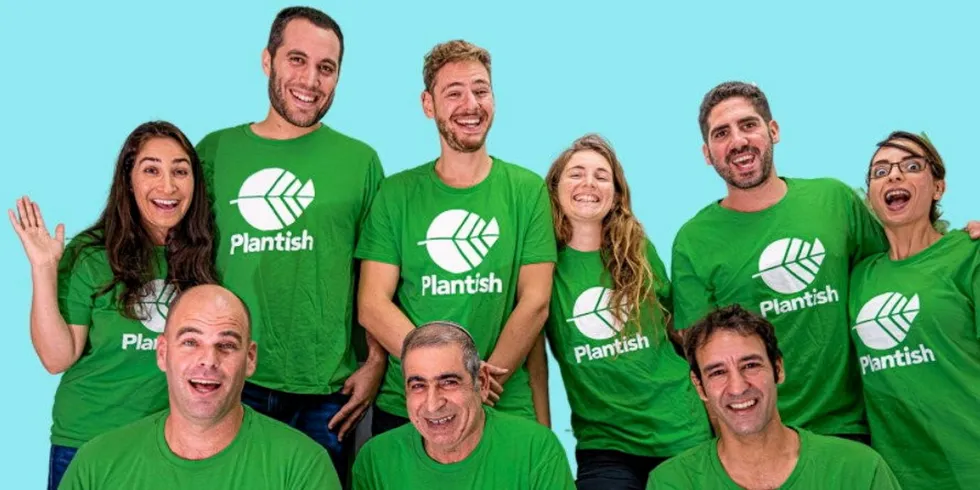'We are working towards a future where there is no seafood at all': This plant-based salmon group isn't hiding its true intentions
The company's new 'salmon' fillet has captured media attention, and it has the passionate rhetoric to back it up.

The company's new 'salmon' fillet has captured media attention, and it has the passionate rhetoric to back it up.
